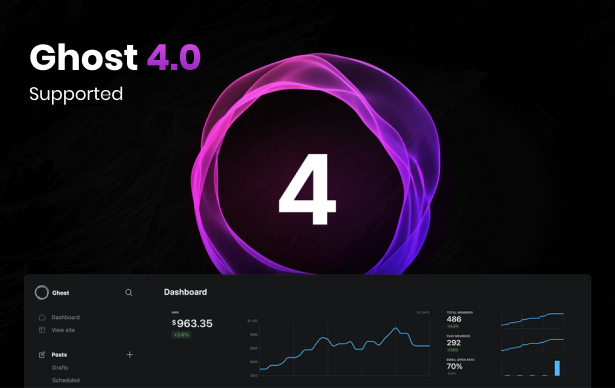Every year, as consumer get ready to spend big in November and Decembers, scammers get ready to scam big, and domain names is a core weapon in many scammers arsenal. So what kind of domains are these scammers buying? Confusingly similar names to major online destinations, and they register so many domains that the companies can’t possibly shut them all down.
Direct navigation is still alive and well, yes – people type domain names into their browsers. Not surprisingly people make mistakes when typing out a URL, and when they do, they could land on a site that looks exactly like the site they were trying to go to. People rarely double-check the URL, if the site loads and looks like the site they expected, they assume they’re in the right place.
Look-alike domains are increasingly finding favor with criminals eager to rip off online shoppers, according to a new report from Venafi, a cybersecurity firm.
Its research found that the “total number of certificates for look-alike domains is more than 200 percent greater than the number of authentic retail domains.”
To drive home the danger and scope of the problem, Venafi said that one top 20 U.S. retailer has more than “12,000 look-alike domains targeting their customers.” In Germany, meanwhile, there exist “four times more look-alike domains than valid domains” when measured by the top 20 online retailers in that country. (Source – Pymnts.com)
In the example above, like the article says, scammers registered 12,000 look-alike domains targeting customers of just one retailer. This is such a large number that the idea of even trying to shut down the scam sites is impossible.
So as you gear up for your holiday shopping adventures, make sure you’re at the right domain. We’re all going a million miles an hour, life is busy, and just missing one letter could lead you right to a scammer that’s sitting there ready and waiting to take your credit card info.
I haven’t done much searching around but I’d be interested to know if any of you have found any of these scam domains yet?



